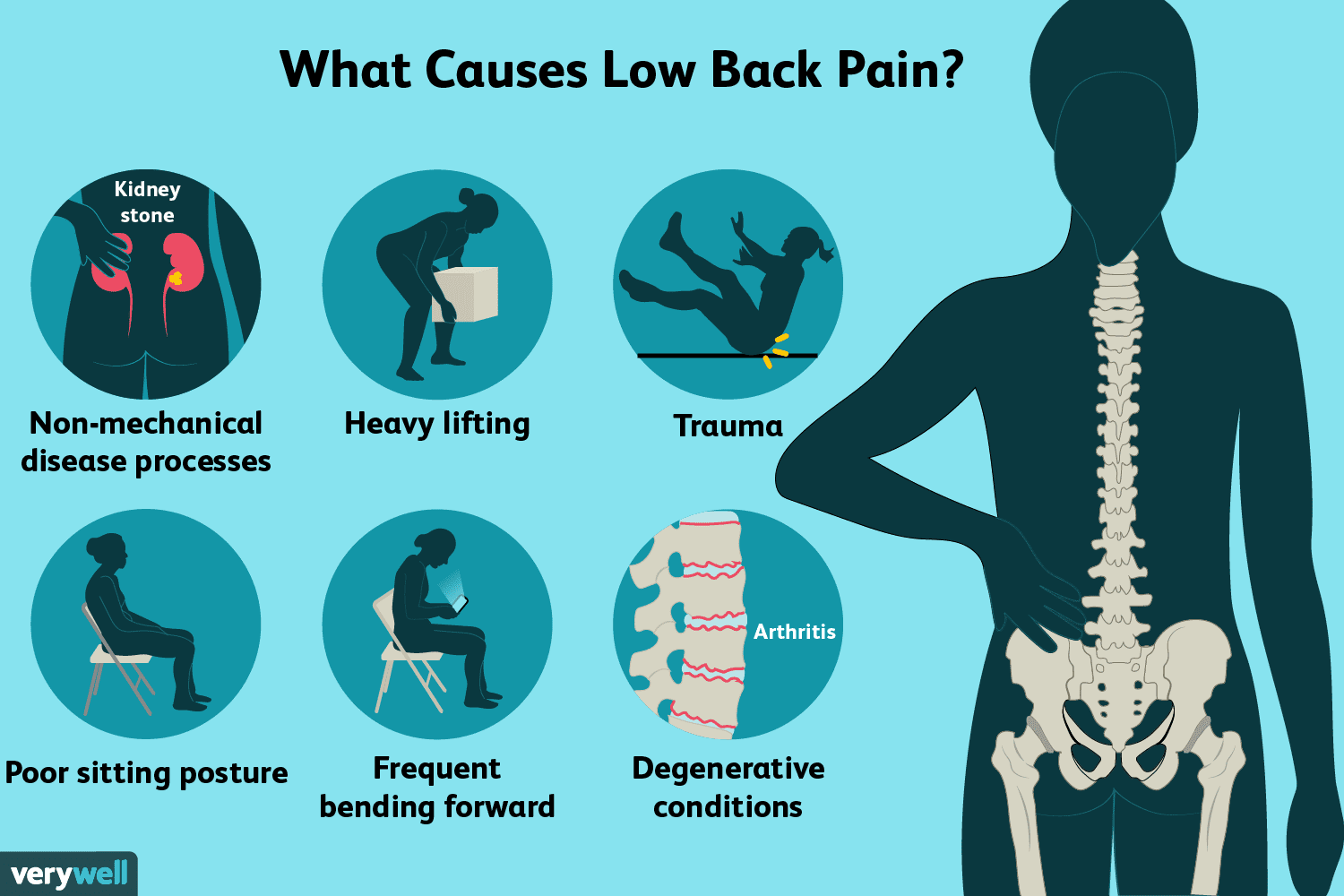The Lifeline Within: Understanding the Crucial Role of Blood Flow in Overall Health
When we think about health, many aspects come to mind: diet, exercise, mental wellness. Yet, one of the most vital components that ties every system together is often overlooked: blood flow. The journey of blood through our bodies is nothing short of miraculous, acting as our lifeline. This article delves into the critical role of blood flow in overall health, exploring its functions, the effects of poor circulation, and ways to enhance blood flow for optimal well-being.
What is Blood Flow?
Blood flow is the movement of blood through the circulatory system, driven by the heart and aided by the network of blood vessels, which include arteries, veins, and capillaries. This flow is crucial for transporting oxygen, nutrients, hormones, and waste products to and from cells throughout the body. In essence, blood flow is the mechanics of life, essential for sustaining health and function.
The Importance of Blood Flow
The significance of blood flow can be broken down into several key functions:
- Nourishment: Blood delivers essential nutrients and oxygen to tissues, critical for cellular function and energy production.
- Waste Removal: It facilitates the removal of metabolic waste products, such as carbon dioxide and urea, supporting detoxification processes.
- Hormone Transportation: Blood carries hormones to various organs and tissues, regulating numerous bodily functions, including metabolism and growth.
- Immune Response: It plays a pivotal role in the immune system by transporting white blood cells and antibodies, defending against infection.
- Temperature Regulation: Blood flow helps regulate body temperature by adjusting the temperature of the skin and distributing heat throughout the body.
How Blood Flow Affects Health
Poor blood flow can lead to several health complications, with detrimental effects on both physical and mental well-being. Understanding the implications is crucial:
Cardiovascular Health
Inadequate blood flow often leads to cardiovascular diseases. Conditions such as atherosclerosis (narrowing of arteries), hypertension (high blood pressure), and heart attacks can arise from chronic insufficient circulation. Maintaining good blood flow is essential for a healthy heart and preventing cardiovascular diseases.
Brain Function
The brain is one of the most sensitive organs to blood flow. Insufficient circulation can result in cognitive decline, increased risk of stroke, and other neurodegenerative disorders. Adequate blood supply ensures proper brain function, including memory, reasoning, and coordination.
Digestive Health
Blood flow significantly influences the digestive system. A well-functioning circulatory system aids in the absorption of nutrients in the intestines and promotes healthy digestion. Poor circulation can lead to issues like indigestion, bloating, and nutrient deficiencies.
Skin and Wound Healing
Healthy blood flow promotes vibrant skin and efficient wound healing. Lack of circulation can result in pale skin, ulcerations, and delayed healing of injuries, as oxygen and nutrients are vital for skin regeneration.
Physical Performance
For athletes and individuals who engage in regular exercise, blood flow is critical. Enhanced blood circulation ensures adequate oxygen delivery to muscles, improving endurance, performance, and recovery time after physical exertion.
Factors Affecting Blood Flow
Several factors can influence the efficiency of blood flow:
- Age: As we age, blood vessels may lose elasticity, leading to reduced blood flow.
- Diet: Diets high in saturated fats, sugars, and processed foods can lead to plaque buildup in arteries.
- Lifestyle Choices: Sedentary lifestyles, smoking, and excessive alcohol consumption can hinder circulation.
- Medical Conditions: Conditions such as diabetes, peripheral artery disease, and obesity can negatively impact blood flow.
Improving Blood Flow
Fortunately, there are multiple strategies to enhance blood flow and support overall health:
Exercise Regularly
Physical activity is one of the most effective ways to boost circulation. Activities such as walking, running, cycling, and swimming can help strengthen the heart and improve blood vessel functionality.
Maintain a Balanced Diet
Incorporate foods that promote good circulation, such as:
- Leafy greens
- Berries (rich in antioxidants)
- Fatty fish (high in omega-3 fatty acids)
- Nuts and seeds
- Citrus fruits (high in vitamin C)
Stay Hydrated
Proper hydration is essential for maintaining blood volume and flow. Drinking sufficient water helps blood remain thin and less viscous, facilitating smoother circulation.
Manage Stress
Chronic stress can negatively affect circulation. Practices such as yoga, meditation, and deep-breathing exercises can help alleviate stress, promoting improved blood flow.
Avoid Tobacco and Excessive Alcohol
Quitting smoking and limiting alcohol intake can significantly improve circulation. These substances can constrict blood vessels and impede overall cardiovascular health.
Consider Compression Garments
Compression socks and sleeves can enhance blood flow, especially for individuals who spend extended periods sitting or standing. These garments encourage better venous return to the heart.
Conclusion
The importance of blood flow in overall health cannot be overstated. As the body’s lifeline, proper circulation is critical for nourishment, waste removal, immune function, and overall physiological well-being. By understanding the factors that influence blood flow and implementing lifestyle changes that promote circulation, individuals can improve their health, enhance physical performance, and reduce the risk of chronic diseases. Prioritizing blood flow is a vital step towards achieving optimal health and longevity.
FAQs
What are the signs of poor blood circulation?
Common signs include numbness or tingling in the extremities, cold hands and feet, swelling in the legs or feet, fatigue, and muscle cramps during physical activity.
Can hydration improve blood flow?
Yes, staying well-hydrated helps maintain optimal blood volume, making it easier for blood to flow through the circulatory system.
Is exercise the best way to improve circulation?
Regular physical activity is one of the most effective ways to enhance blood flow, as it strengthens the heart and improves the efficiency of the vascular system.
Are there foods that should be avoided to maintain healthy blood flow?
Yes, foods high in saturated fats, sugar, and trans fats should be limited, as they can lead to plaque buildup and hinder circulation.
How can I know if I have circulation problems?
If you experience persistent symptoms such as pain, numbness, or swelling, it’s advisable to consult a healthcare professional for a proper evaluation.







